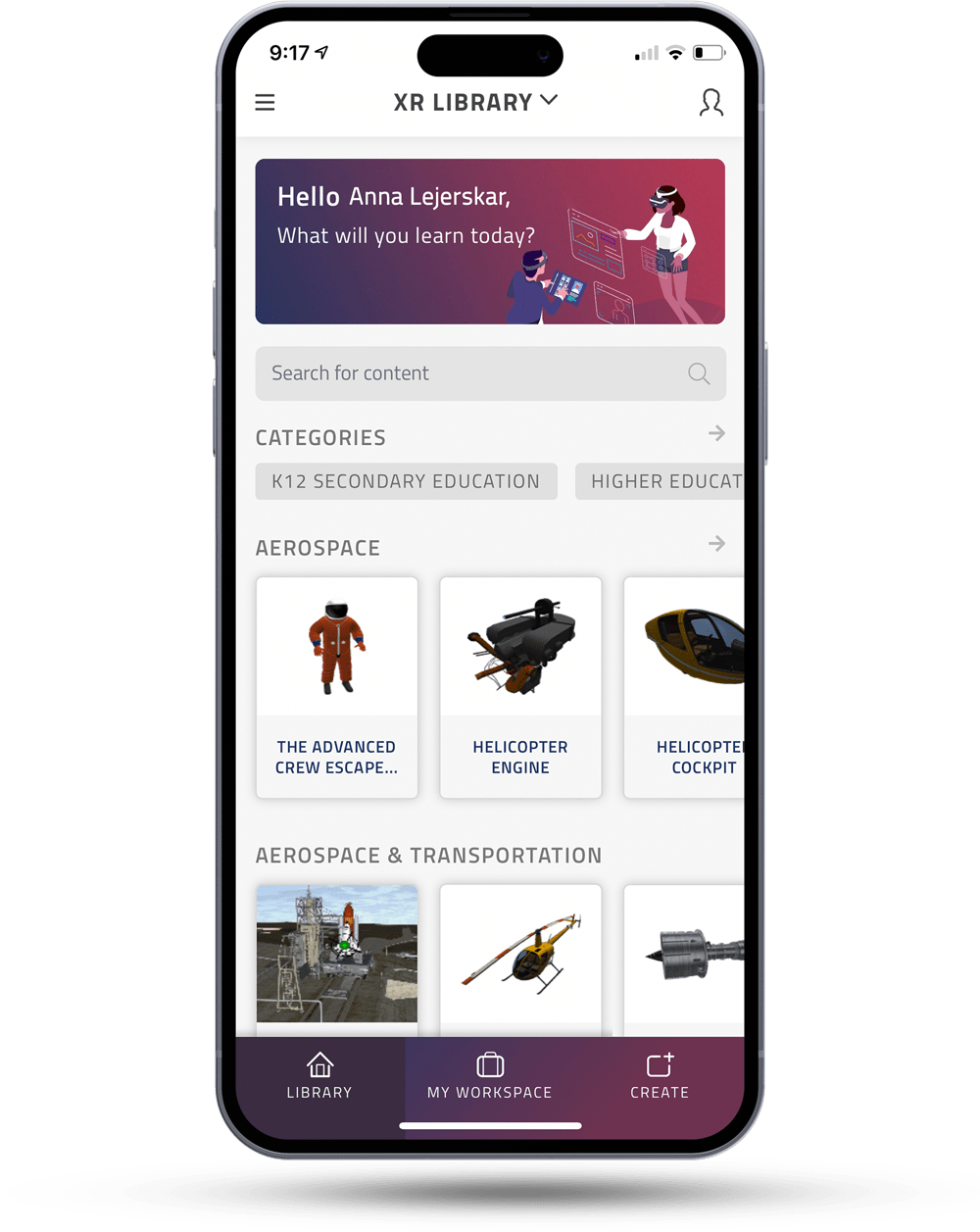“At the end of the day, content is going to be the most important piece, because if that doesn’t work, it doesn’t matter what type of hardware device you have,” EON Reality Chief Executive Mats Johansson said.
EON Reality, based in Irvine, California, and NextVR, headquartered in Laguna Beach, California, are among the most prominent software companies hoping to cash in on the VR boom.
Gaming and entertainment apps are expected to drive initial uptake of VR hardware. But the advent of user-friendly and low-cost gear will also spur adoption by educational institutions, the military and industry. About 2.7 million VR headsets, including versions aimed at app and content developers, could be sold in 2015, according to technology consultancy KZero.
With the launch of more consumer-friendly versions, total VR sales are expected to jump to 39 million in 2018, helping software companies alone rake in US$4.6 billion — up from a projected US$129 million this year.
Read the full story here.




















